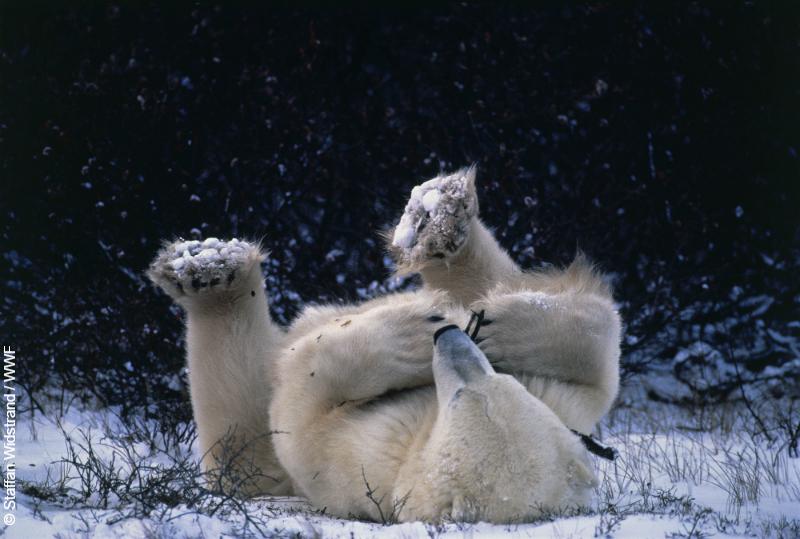World's largest ocean protection plan now in place
After years of intensive work, an agreement was reached on the world's largest ocean protection plan for the Ross Sea off Antarctica, covering over 1.5 million km2 - an area the size of France, Germany and Spain combined.
Described as one of the most pristine wilderness areas left on Earth, the Ross Sea is home to a wide range of wildlife – such as the Emperor penguin, the Weddell seal and the Antarctic petrel.
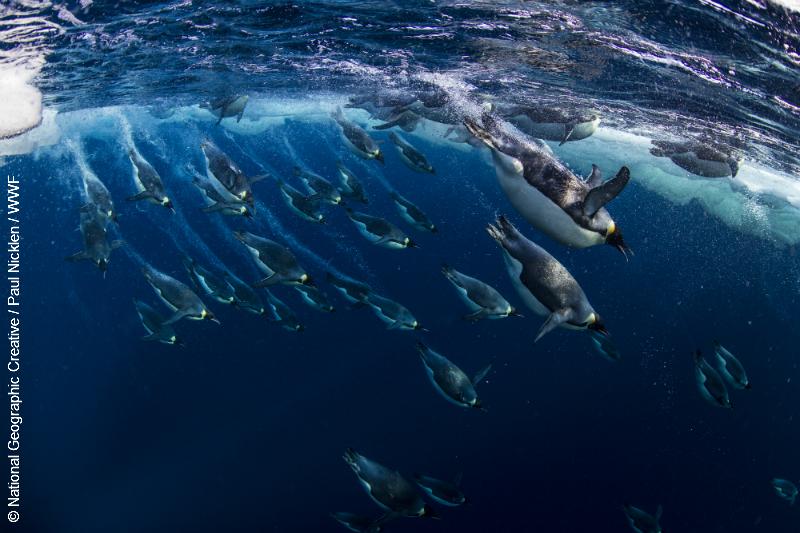
The Great Bear Rainforest
The Great Bear Rainforest is the largest coastal temperate rainforest in the world, offering vital protection to the area’s biodiversity. Thanks to your support, we helped ensure protection for a huge 85 per cent of the rainforest from logging, highlighting the fact that together, we can create a better future for us and our environment.
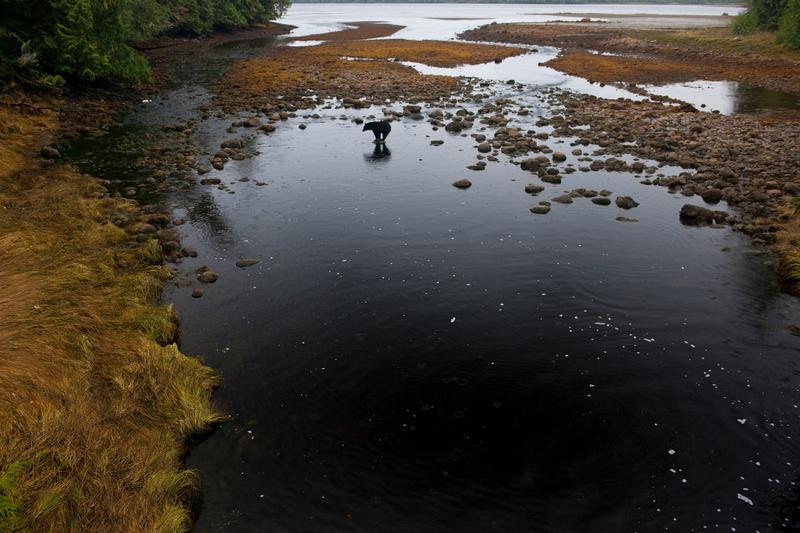
Protection for the wetlands of Doñana National Park
In 2016, your support through the ‘origami migration’ helped us convince the Spanish government to cancel dredging plans in the rivers of Doñana National Park, which threatened the wellbeing of wetland habitat within the area. The World Heritage site, located in southern Spain, provides habitats for as many as 4000 species, six million migratory birds each year and the world’s rarest feline species, the Iberian lynx.
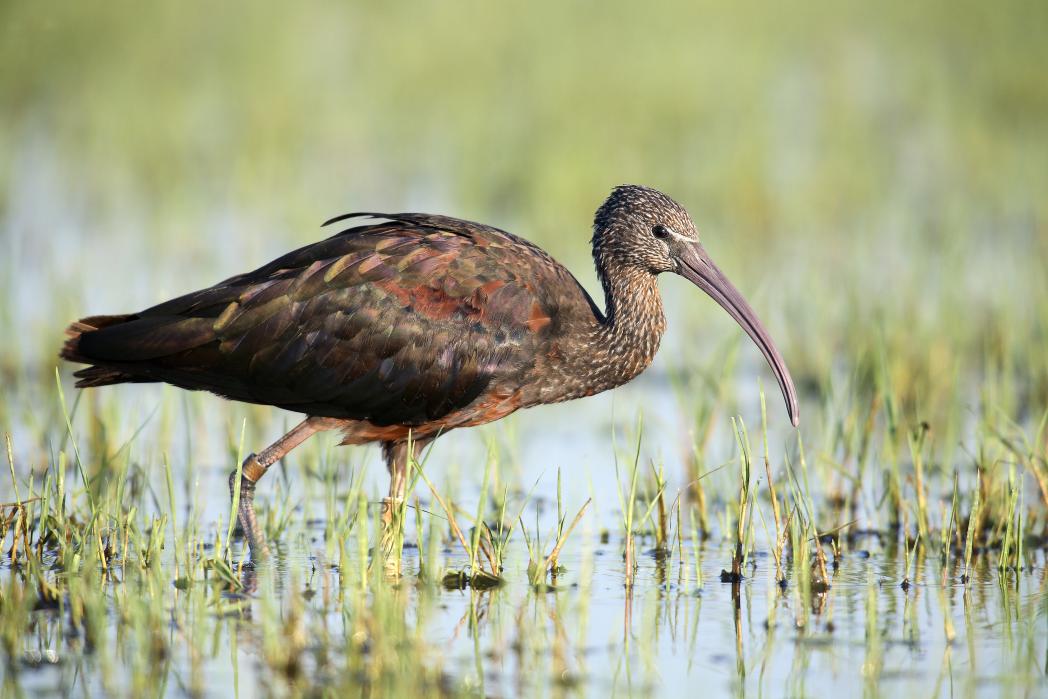
Singapore Alliance on Sustainable Palm Oil
June 2016 saw the formation of the Singapore Alliance on Sustainable Palm Oil, in a bid to increase the availability of environmentally-conscious options for the many products which contain palm oil.
Unsustainable management of this crop has resulted in mass deforestation across Southeast Asia since 1982, and it is hoped this new alliance will reduce deforestation and pollution by putting a stop to the illegal slash-and-burn method of clearing land.
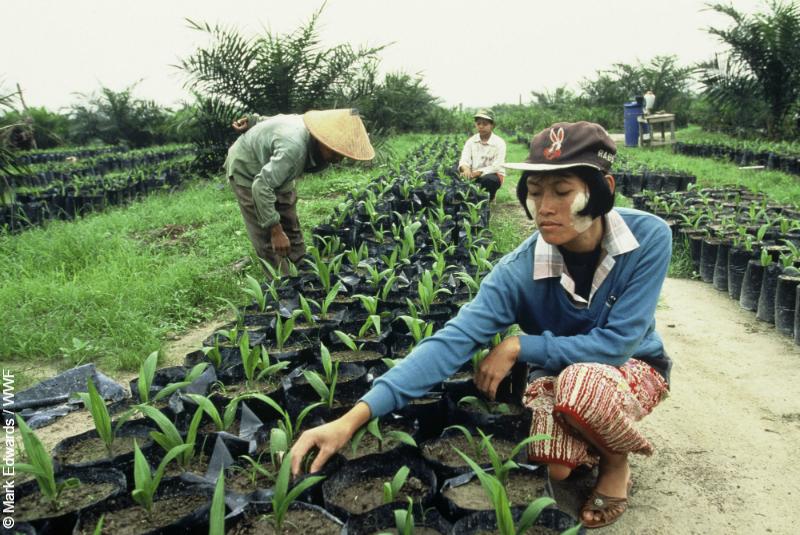
Polar bear patrols introduced in the Arctic
Due to the loss of sea ice coverage as a result of climate change, polar bears are spending an increasing amount of time on shore in summer, causing frequent conflict with local communities as they scavenge for food.
In response to this problem, WWF introduced a polar bear patrol model in 2010, under which teams perform area patrols daily during peak bear season (September-December), moving bears away from local residents.
2016 has seen this model expanded into Russia & Greenland, with results demonstrating a dramatic decrease in the number of polar bears lost due to conflict with humans.
